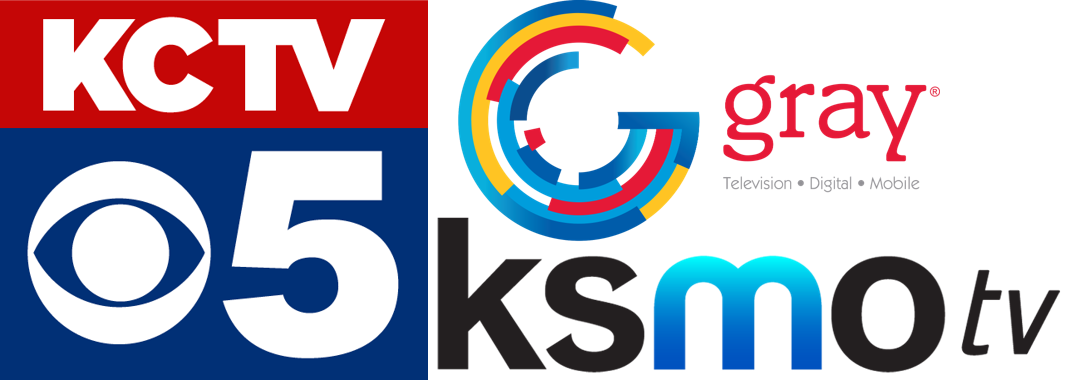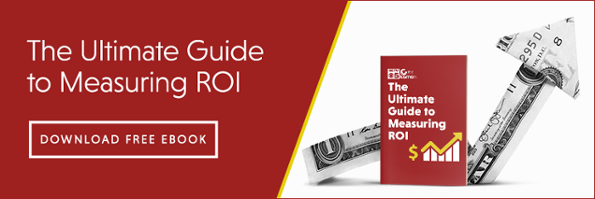
There is no better time to begin marketing than now. While new businesses should start advertising immediately, existing companies that aren't advertising effectively are already behind. If you want your business to thrive, you can't wait for the opportune time to begin. Instead, start with a strategy as soon as possible.
Want to learn how to start advertising and marketing your business? The following is a beginner's guide to advertising that can inform your next strategy.
Choose Your Target Audience
 Who exactly are you making your ads for? You should know the answer to this question before starting on the rest of your advertising strategy. You need to target the audience you want to sell to, or your ads may not connect with the ideal customer.
Who exactly are you making your ads for? You should know the answer to this question before starting on the rest of your advertising strategy. You need to target the audience you want to sell to, or your ads may not connect with the ideal customer.
When understanding the ideal buyer, pinpoint their needs and wants, pain points, demographics, and other traits that could assist your advertising efforts. Conduct plenty of marketing research to identify your target audience, which will ultimately guide your campaigns.
Decide Where to Advertise
Once you've determined who your target audience is, you need to know where you can reach them. Locate the platforms your ideal audience uses. In addition, you should know the specific ROIs, benefits, and disadvantages of each forum. This can help you determine which platform is best to use and when.
It's best to use a multi-channel approach to market across multiple platforms to get the best results from your campaigns. By appearing on all the platforms your audience uses, you'll be able to maximize exposure and, eventually, brand recognition. For example, you may want to advertise on Facebook or other social media platforms with both video and image ads. In addition, you may have a variety of digital ads on various websites, video ads on YouTube, over-the-top (OTT) ads on streaming platforms, and TV commercials.
Spend Money to Make Money
 It's important to develop a marketing budget early on to figure out how much you can spend. Be sure to break down the various costs of advertising. Factors contributing to the cost of advertising could include the number of platforms you intend to use and the size of your audience.
It's important to develop a marketing budget early on to figure out how much you can spend. Be sure to break down the various costs of advertising. Factors contributing to the cost of advertising could include the number of platforms you intend to use and the size of your audience.
Once you've established the expenses, project the ROI. How much profit can you make based on the customers you attract through your ads? Your budget will need to be lower than what you expect to make in return for your campaigns.
As you set your budget, think of the specific goals you want to achieve with your advertising. It helps to set SMART goals that are realistic and attainable. You may want to reach a certain number of viewers and achieve an optimum number of impressions and views, for example. In other campaigns, you may want to attract several conversions or sales.
Establish Creative Advertising Assets
All of your ads need creative basics to function. Take the time to carefully consider and develop all the creative elements that go into your advertising. You will need to write promotional copy for the text that appears in your ads. Additionally, you'll need to produce videos for TV and digital video ads, images for other static digital ads, photos of your products, and other elements.
There's a lot that goes into producing high-quality creative, but you need to make sure the quality of your content positively reflects on your brand. If you're not sure if you have the resources, time, or energy to spend on content creative, you don't have to go it alone. You have the option of hiring freelancers or an agency to help construct cohesive ad creative.
Measure and Track Success
 You won't know how your campaigns perform unless you know how to measure and track their success. Think of how you will assess success and follow what's working and what needs improvement. Typically, the goals you set at the start of your campaigns will influence your definition of success when tracking it. If your goal is to reach a certain amount of viewers for a brand awareness campaign, you'll want to track metrics such as impressions and views.
You won't know how your campaigns perform unless you know how to measure and track their success. Think of how you will assess success and follow what's working and what needs improvement. Typically, the goals you set at the start of your campaigns will influence your definition of success when tracking it. If your goal is to reach a certain amount of viewers for a brand awareness campaign, you'll want to track metrics such as impressions and views.
To help you understand the success of your advertising, use ad management platforms. With the right tools, you can gain valuable insights into your campaigns and make the necessary changes.
Work with a Media Partner to Build a Successful Campaign
Advertising consists of multiple steps that are ever-changing and continuous, which can make the process seem overwhelming. However, you need to develop and maintain an effective strategy to reach your goals and see long-term results. If you need help with advertising for your business, working with an experienced media partner can be the key to your success. A partner will help strategize, produce high-quality creative, and launch and track your campaigns based on your specific needs.





